Group: Decks
Subject: In-situ Testing
State: Michigan Abstract:
Accelerated bridge construction (ABC) using full-depth precast deck panels is an innovative technique that brings all the benefits listed under ABC to full fruition. However, this technique needs to be evaluated and the performance of the bridge needs to be monitored. Sensor networks, also known as health monitoring systems, can aid in the determination of the true reliability and performance of a structure by developing models that predict structure behavior and component interaction. The continuous monitoring of bridge deck health can provide certain stress signatures at the onset of deterioration. The signatures are vital to identify type of distress and to initiate corrective measures immediately; as a result, bridge service life increases and eliminates costly repairs This project focused on the continuous monitoring and evaluation of the structural behavior of the Parkview Bridge full-depth deck panels under loads using the sensor network installed. Special attention was placed on the durability performance of the connections between precast components. However, after careful evaluation of the designs and construction process,it was identified that the transverse joints between deck panels are the weakest links, in terms of durability, in the system.Analysis of sensor data and load test data showed that the live load effect on the bridge is negligible. The dominant load is the thermal. Using three years of data from the sensors, stress envelopes were developed. These envelopes serve as the basis for identifying the onset of bridge deterioration. A detailed finite element model was developed, and the model was first calibrated using load test data. However, due to the dominance of thermal loads, it was required to calibrate the model using stresses developed in the structural system due to thermal loads. This was a great challenge due to a lack of sensors along depth of the bridge superstructure cross-section. A few models were identified that are capable of representing the thermal gradient profile from 12 p.m. to 6 p.m. in a summer day. The FE model was calibrated using sensor data and the thermal gradient profile of the specific duration. Construction process simulation with the calibrated model shows that all the joints between the panels are in compression, as expected at the design. Stress signatures were developed simulating the debonding of a transverse joint between panels. The signatures show a distinct pattern than what is observed from a bridge without distress. Hence, the onset of deterioration can be identified from the sensor data to make necessary maintenance decisions. The proposed signatures are applicable only during noon to 6 p.m. on a summer day, and development of deterioration models for the rest of the time requires development of new thermal models. Further, the stresses vary drastically following onset of joint deterioration; hence, identification of exact physical location of the sensors is required for fine-tuning the models.
Key Words:
Sensor Network, Structural Health Monitoring, Rapid Bridge Construction, Vibrating Wires Gauges, Full-Depth Deck Panels, Stress Envelopes, Defect Signature, Finite Element Modeling
Specific ABC aspect:
Budget and Timeline
Budget (USD): 0.00
Project length: 24
Project Starting Year: 2010
Project Completion Year: 2012
Primary Sponsor
Michigan Department of Transportation
Construction and Technology Division
PO Box 30049
Lansing, MI 48909 USA
Primary Performing Organization
Western Michigan University
1903 W. Michigan Avenue
Kalamazoo, MI 49008 USA
PI: Osama Abudayyeh
Professor and Chair of Civil and Construction Engineering
(269) 276-3209
osama.abudayyeh@wmich.edu
Other Documents
View MDOT_Research_Report_RC1564_387345_7.pdf
Other Related URLs
Go to: https://trid.trb.org/View/1143783
Go to: http://www.michigan.gov/mdot/0,4616,7-151-9622_11045_24249_24251-279220--,00.html



